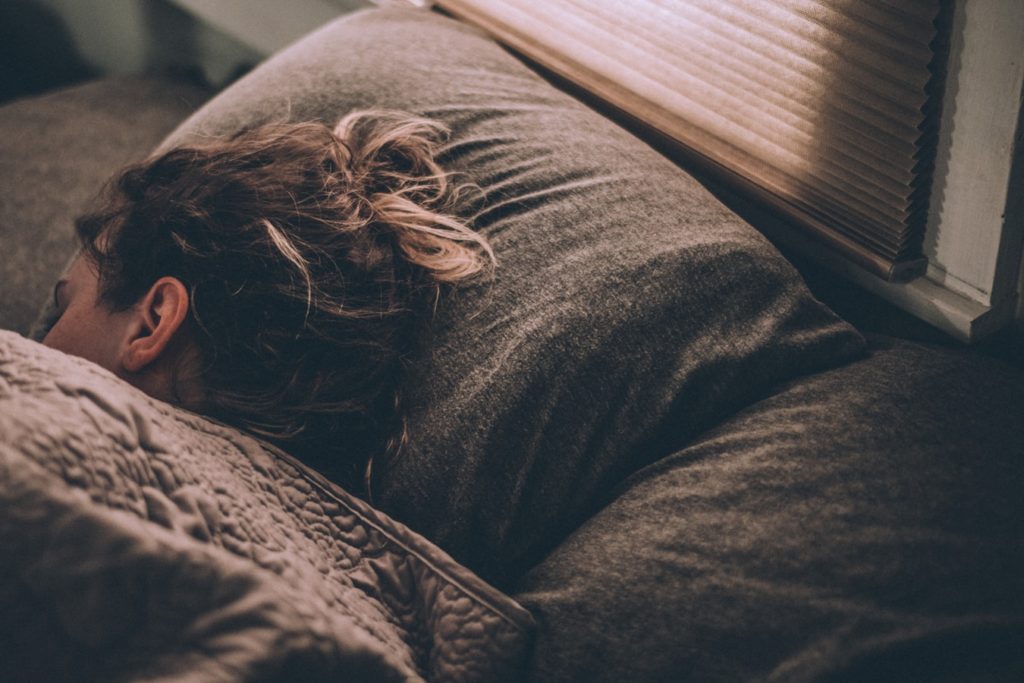

A good nights sleep contributes to your workout performance, awareness, mood, ability to handle stress, capability to learn new things, immune system, fat cell metabolism, hormone production, appetite hormone regulation and maintaining general wellbeing. If exercise was a pill, it would be the 2nd most powerful health booster, 2nd only to good sleep quality.
“A SUCCESSFUL DAY starts the NIGHT BEFORE”
I won’t go too in-depth into the benefits of sleep (in this post), but rather keep it short but sweet and talk about the 4 main steps to focus on to optimise your sleep.
Drum roll…
The first hour of the morning is the rudder of the day – Henry Ward Beecher
Sleep tracking may also be useful – I use an app called “sleep” has a range of features, but most notably the sensors can detect when you are moving (light sleep) and wake you up (with the alarm) during that light sleep window. This is useful because you wake up more refreshed instead of feeling sluggish.
I hope you found my sleep hacking guide useful, if you think i have missed anything of importance feel free to leave a comment below! Share it with friends if you found this useful!
Happy Zzzzz’s
Stay Frosty,
Simon
Fuel your potential with healthy nutrition. Found My Physique’s goal is to help make amazing body transformations easy, using proven nutrition and training protocols.

